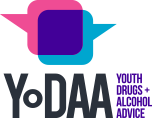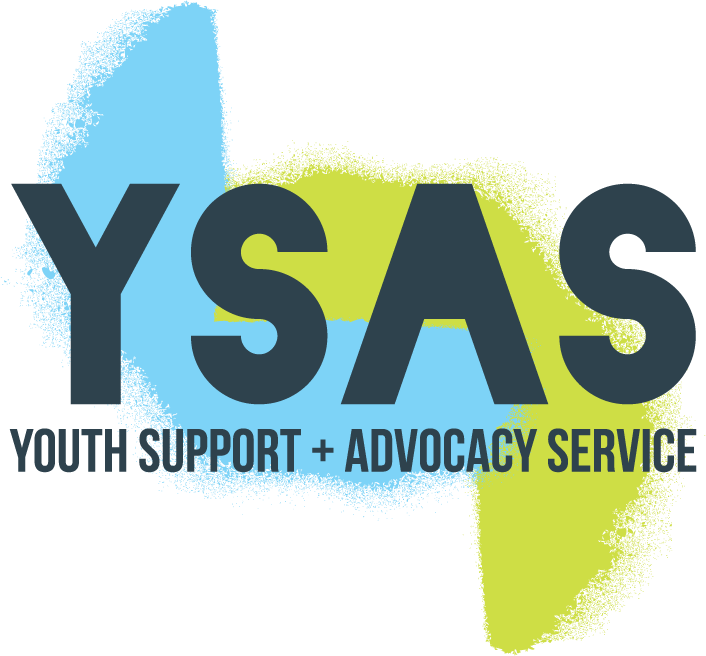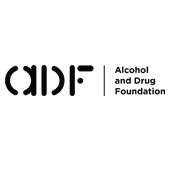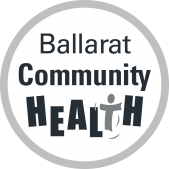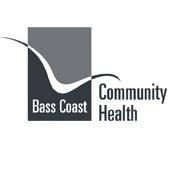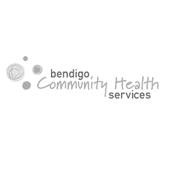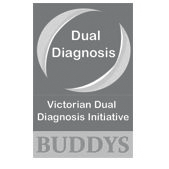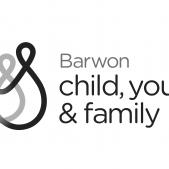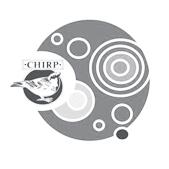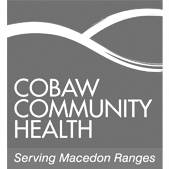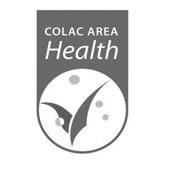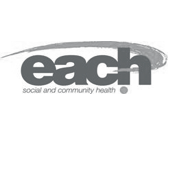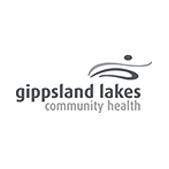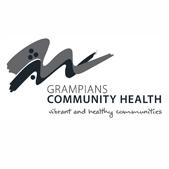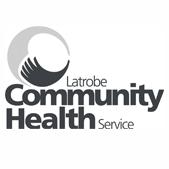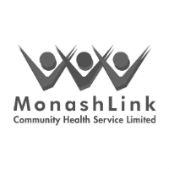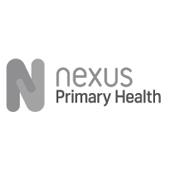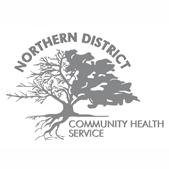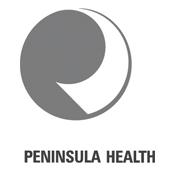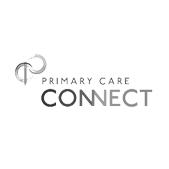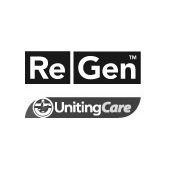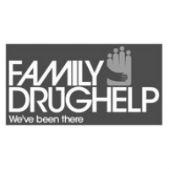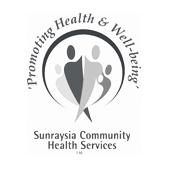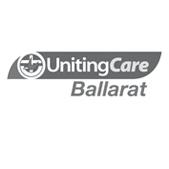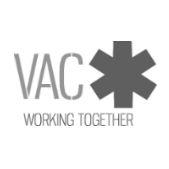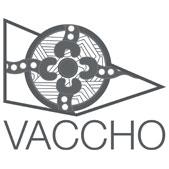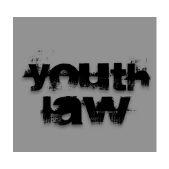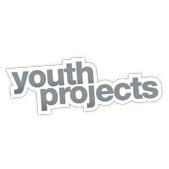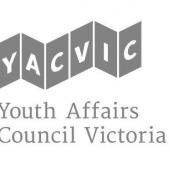Understanding Youth Drug & Alcohol Use
When is AOD use considered a problem for adolescents?
Disagreement about whether or not a young person has an AOD problem is common. Moving towards a shared understand of what is problematic helps workers collaborate and work more closely with with each other, young people and their supporters
Substance use is not always problematic. Like adults, many young people use alcohol and other drugs without impacting their wellbeing. Some experimentation – usually with alcohol and cannabis – is a common part of adolescence. For most young people, substance use won’t ever become a problem. For a small minority of young people, drug use can escalate to a serious issue.
There is no clear sign that indicates when drug use becomes a drug problem. Identifying a problem isn’t only about measuring the frequency, type or amount being used; rather, drug use is understood to be problematic when:
- It has frequent negative impacts on an individual’s physical and/or psychological health and wellbeing
- The individual has less control over their substance use than they desire
- Substance use prevents the young person from participating in relationships and daily activities they previously enjoyed.
It’s also important to remember that even when a problem is evident, a range of holistic information is required to fully understand a young person’s of support needs.
It is not uncommon for there to be disagreement about whether or not a young person has a problem. Sometimes a young person identifies their substance use as problematic. Alternatively others may feel a young person’s use is problematic when the young person does not.
There are many tools that offer a consistent way of screening for, scoring or measuring drug use problems. Examples of commonly used tools are:
- Alcohol, Smoking and Substance Involvement Screening Test (ASSIST)
- Substance Dependence Severity Scale (SDS)
- The criteria for a substance use disorder in the Diagnostic and Statistical Manual of Mental Disorders (DSM V).
More screening and assessment information can be found here or Contact YoDAA for more info and support to use tools such as these and to further understand drug related problems
